New York, US: A fresh round of City Hall drama erupted this week after Mayor Eric Adams denounced the City Council’s $14 million initiative to provide free garbage bins to New York City homeowners. The program, originally celebrated as a step toward cleaner streets and rat reduction, is now mired in controversy as both sides accuse each other of irresponsible decision-making and misplaced priorities.
Rising Tensions at City Hall
Mayor Adams made his opposition clear after the Council unanimously passed legislation to deliver hundreds of thousands of special bins to owners of one- and two-family homes. The Council’s plan targeted residents enrolled in the state’s School Tax Relief (STAR) program—mostly seniors and vulnerable New Yorkers—with free bins or reimbursement if they’d already purchased one. The move aimed to support households facing new sanitation rules requiring secure-lid containers by June 2026.
But instead of green-lighting funds, Adams rejected the Council’s allocation of $14.5 million for the program. City officials were informed this week that the money, which would cover approximately 265,000 households, must now come from the Council’s own budget—typically reserved for district services, staff, and local priorities.
A Clash Over Responsibility
The mayor’s office labeled the plan “fiscally irresponsible,” arguing that the Council failed to seriously prioritize its garbage bin giveaway during recent budget talks. “It’s disappointing the Council passed an unfunded law and didn’t push for its funding in the city’s $110 billion budget,” said Adams’ spokesperson. “We must offer affordable solutions and focus on driving out rats, not reckless spending.”
Councilmembers quickly pushed back. “The city must care for its most valuable constituents,” said Councilwoman Lynn Schulman of Queens, pointing out that STAR program participants—mainly seniors—are among the city’s most vulnerable. Minority Leader Joann Ariola called Adams’ move “a dismissive gesture to middle-class taxpayers.”
They argue the mayor should honor both the letter and spirit of the new law, since he has already allocated $32 million to the Department of Sanitation for city cleanliness. Council backers of the bin giveaway also emphasize its role in ensuring equal compliance: the bins, costing $44 to $53 depending on size, will soon become required for hundreds of thousands of homeowners facing potential fines. Councilman Yusef Salaam, a sponsor of the law, noted that providing free official bins was always necessary for an equitable rollout.
Bigger Context: Sanitation, Rats, and City Budgets
New York’s sanitation overhaul has been gradual and dramatic. The drive to adopt secure-lidded bins is meant to keep garbage off streets, discourage rats, and address perennial neighborhoods’ complaints about overflowing black bags.
But the issue is divisive. Some residents argue if new rules mandate official city-issued bins, the financial burden should be shared with homeowners—especially as property taxes continue to rise. Others criticize the cost and quality of the official bins themselves, while questioning the city’s broader spending given the size of its budget. As one community activist put it, the annual outlay of around $52 per household, or $10 a year over the bins’ expected lifespan, is small compared to the scale of the rat problem and the city’s $110 billion budget.
Meanwhile, Adam’s administration has poured money into sanitization drives, containerization efforts, and a broader “Trash Revolution.” The first wave of city-issued bins—reportedly manufactured by a North Carolina company—rolled out last fall, with the Department of Sanitation touting improved quality, wheels, and latching lids. Compliance with the new bin rules begins in 2026; until then, many homeowners are stuck in limbo.
What’s Next?
As New York City edges toward the mandate’s June 2026 deadline, the bin debate is likely to intensify. Council members are vowing to find workarounds to fund the initiative and keep pressure on the mayor’s office. Residents, meanwhile, are caught between mandates, politics, and mounting sanitation costs.
Adams maintains that fiscal discipline must come first, promising continued negotiations over affordable solutions and rat control. But for homeowners banking on their promised free bins, the standoff means uncertainty, and another reminder that nothing—sometimes not even a trash can—comes easy in New York City.

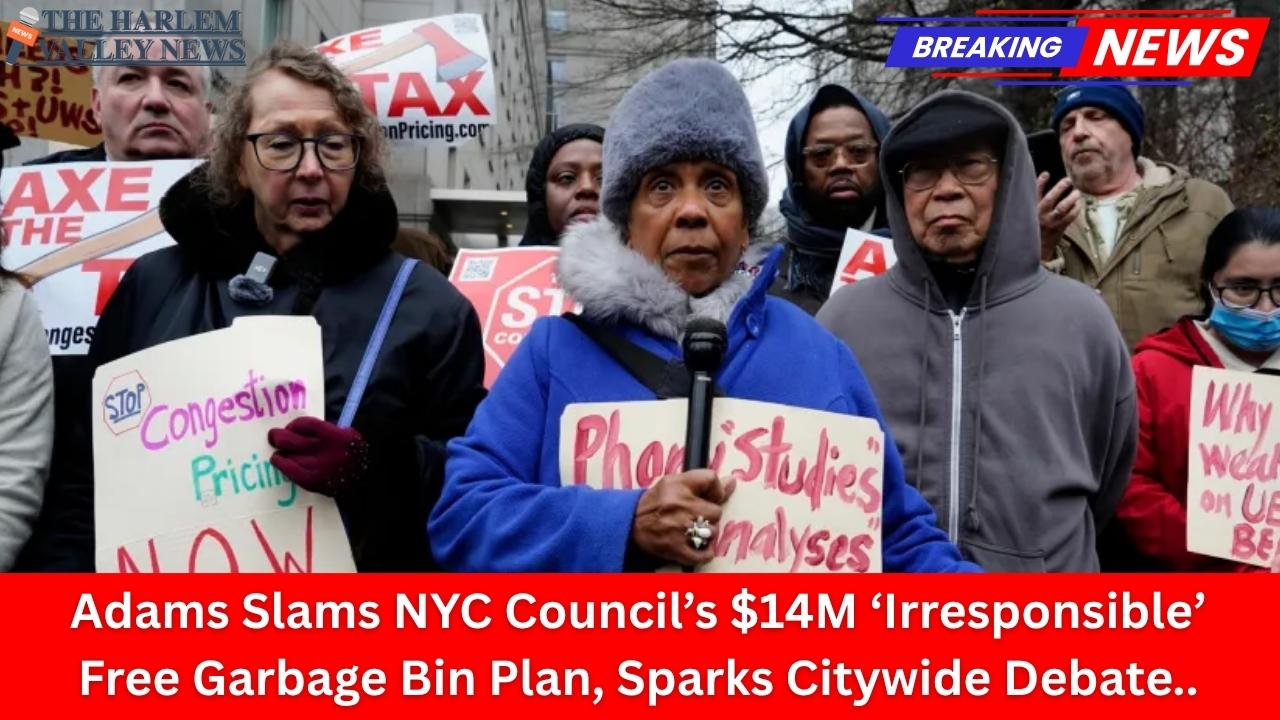


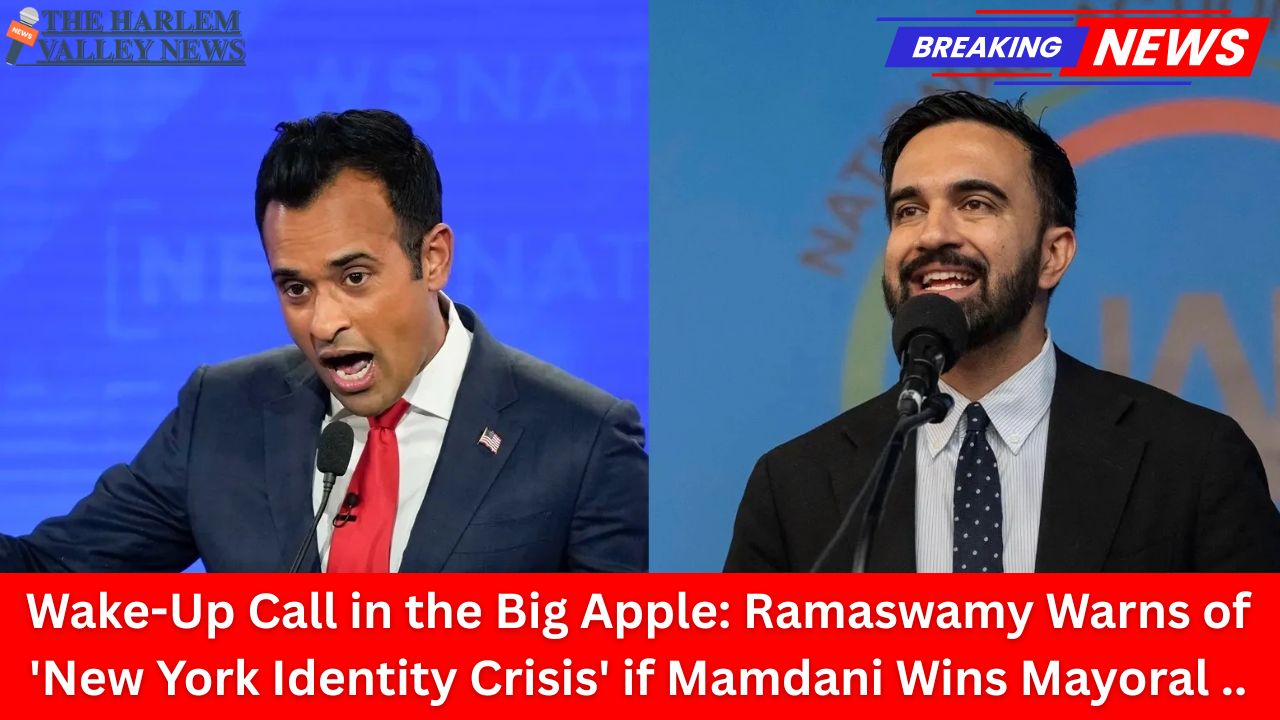

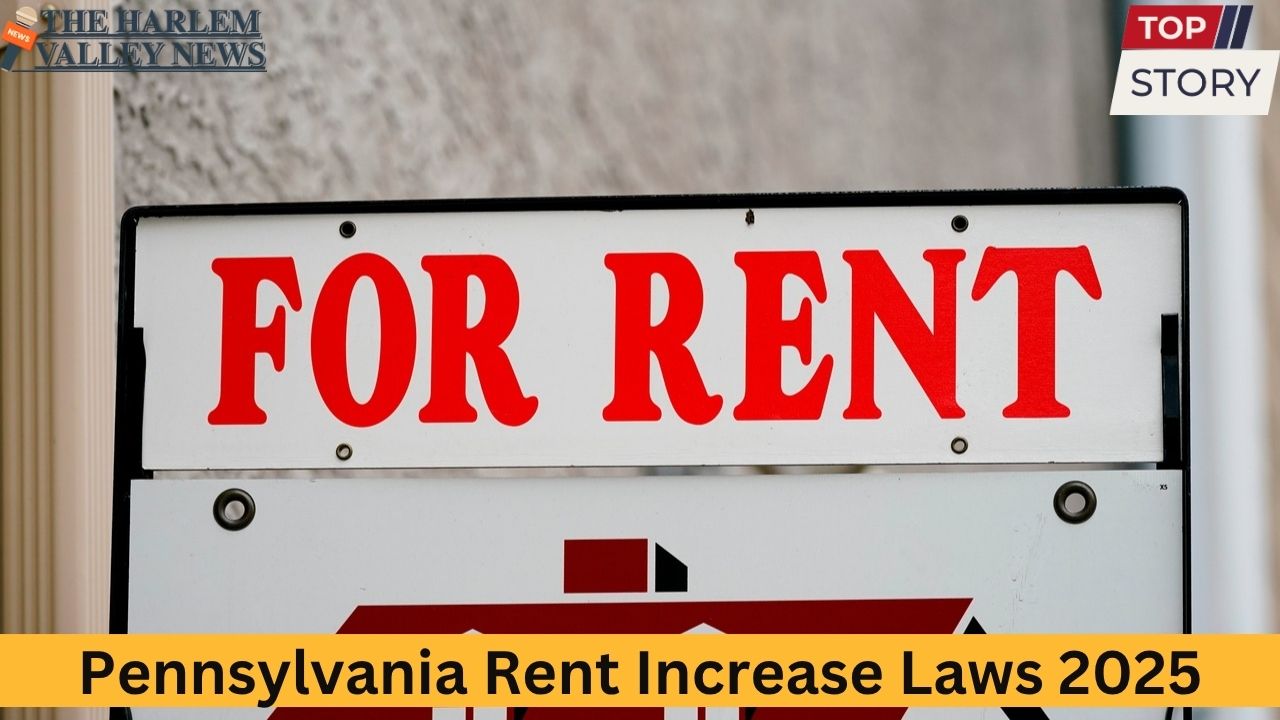

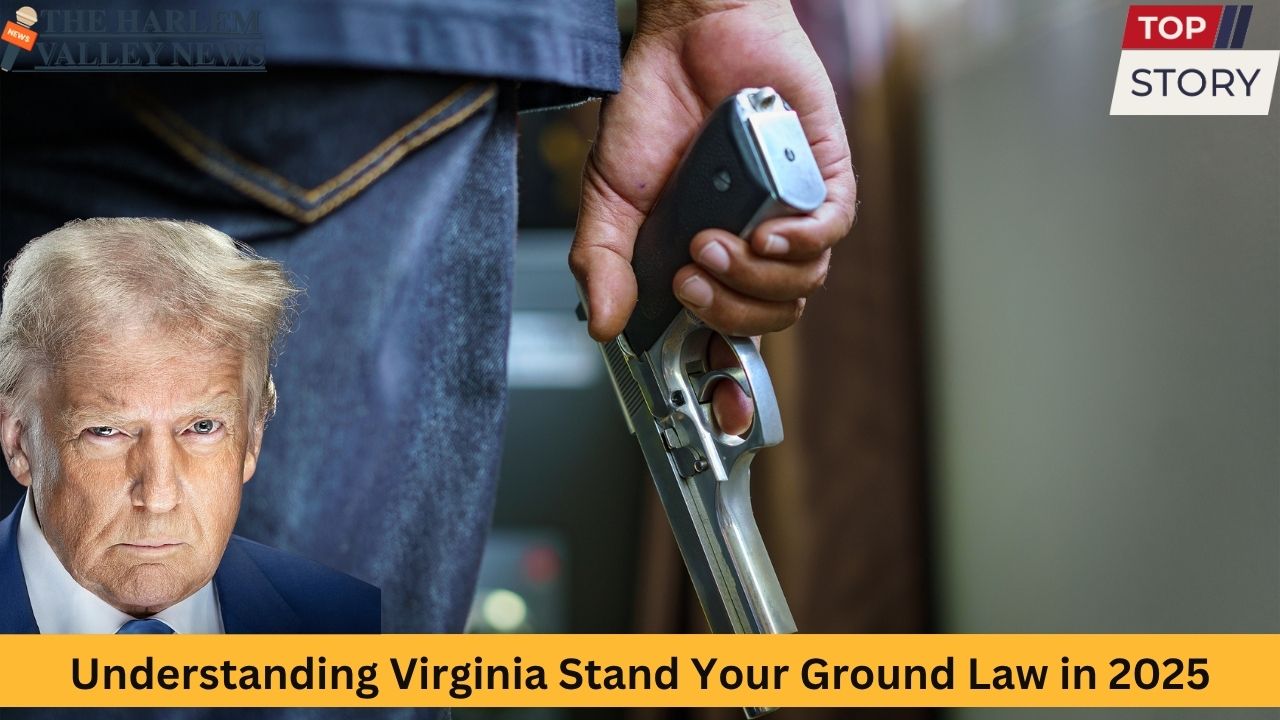



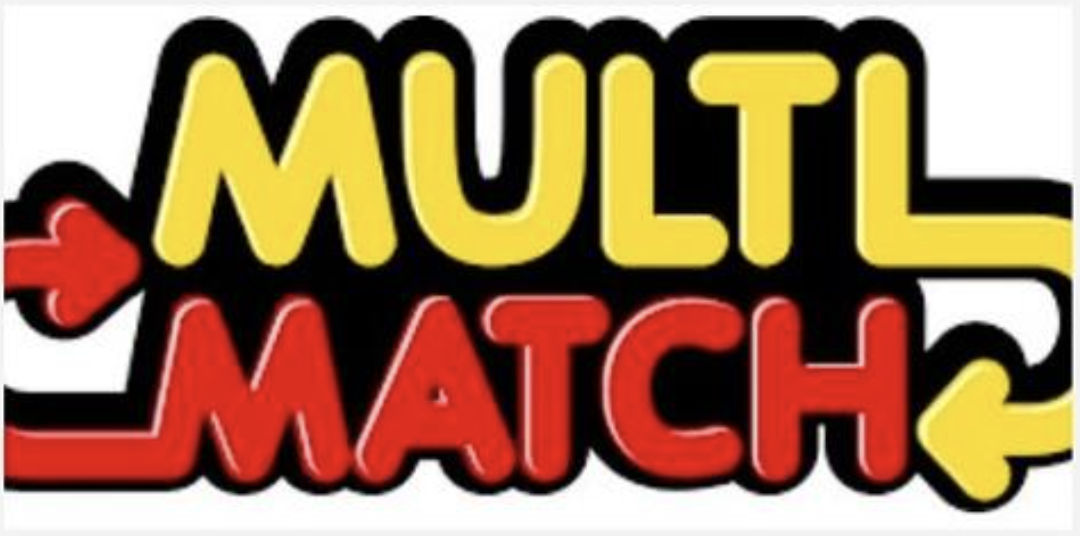
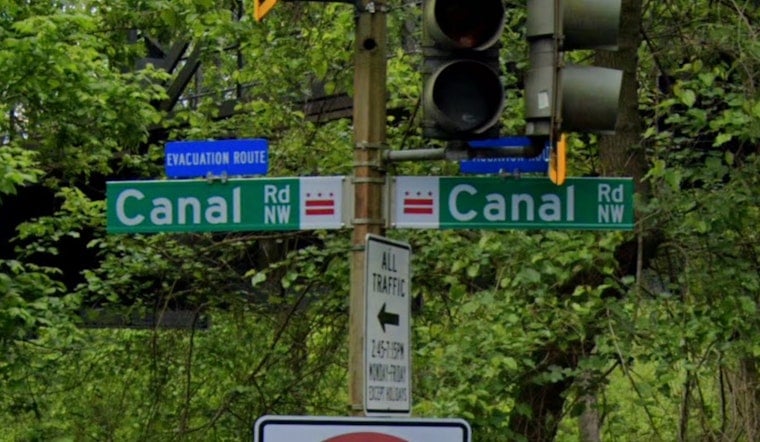
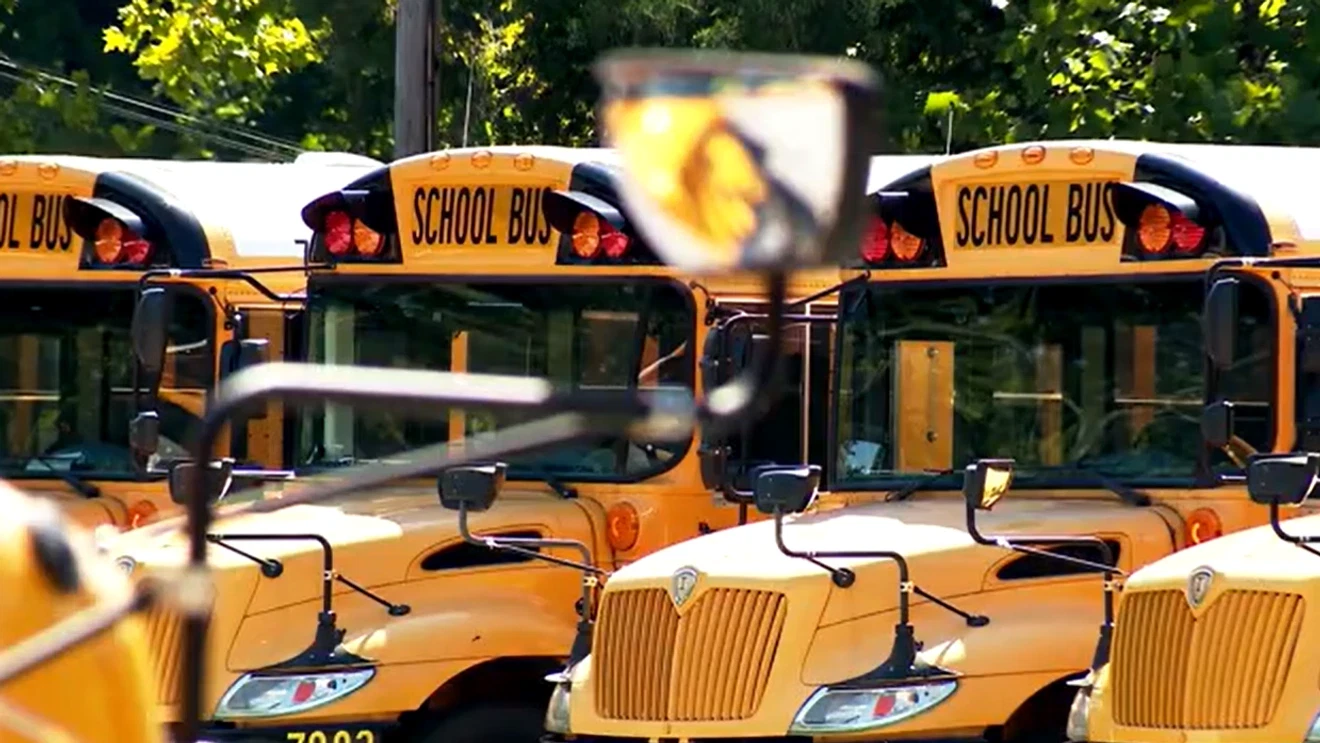

Leave a Reply